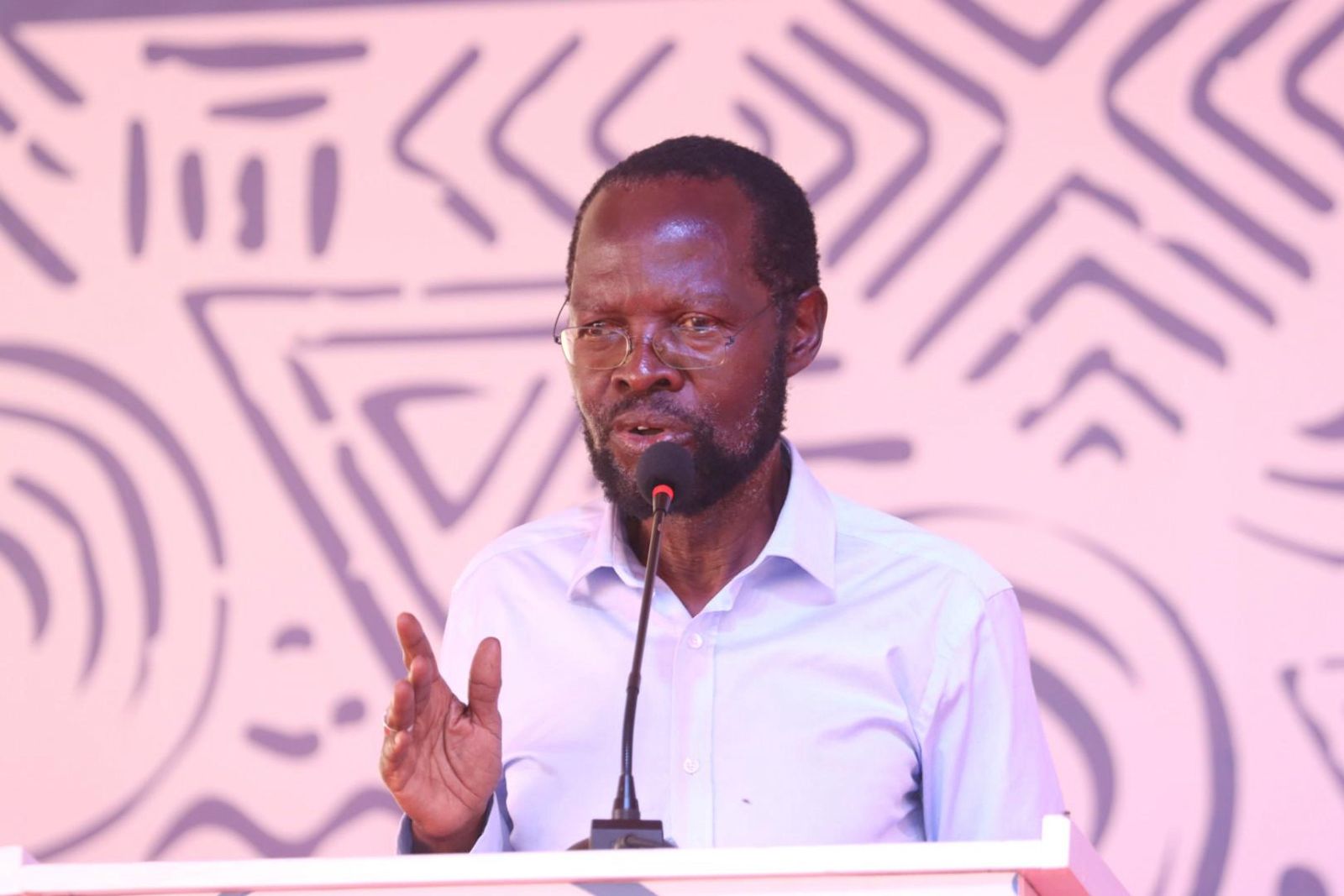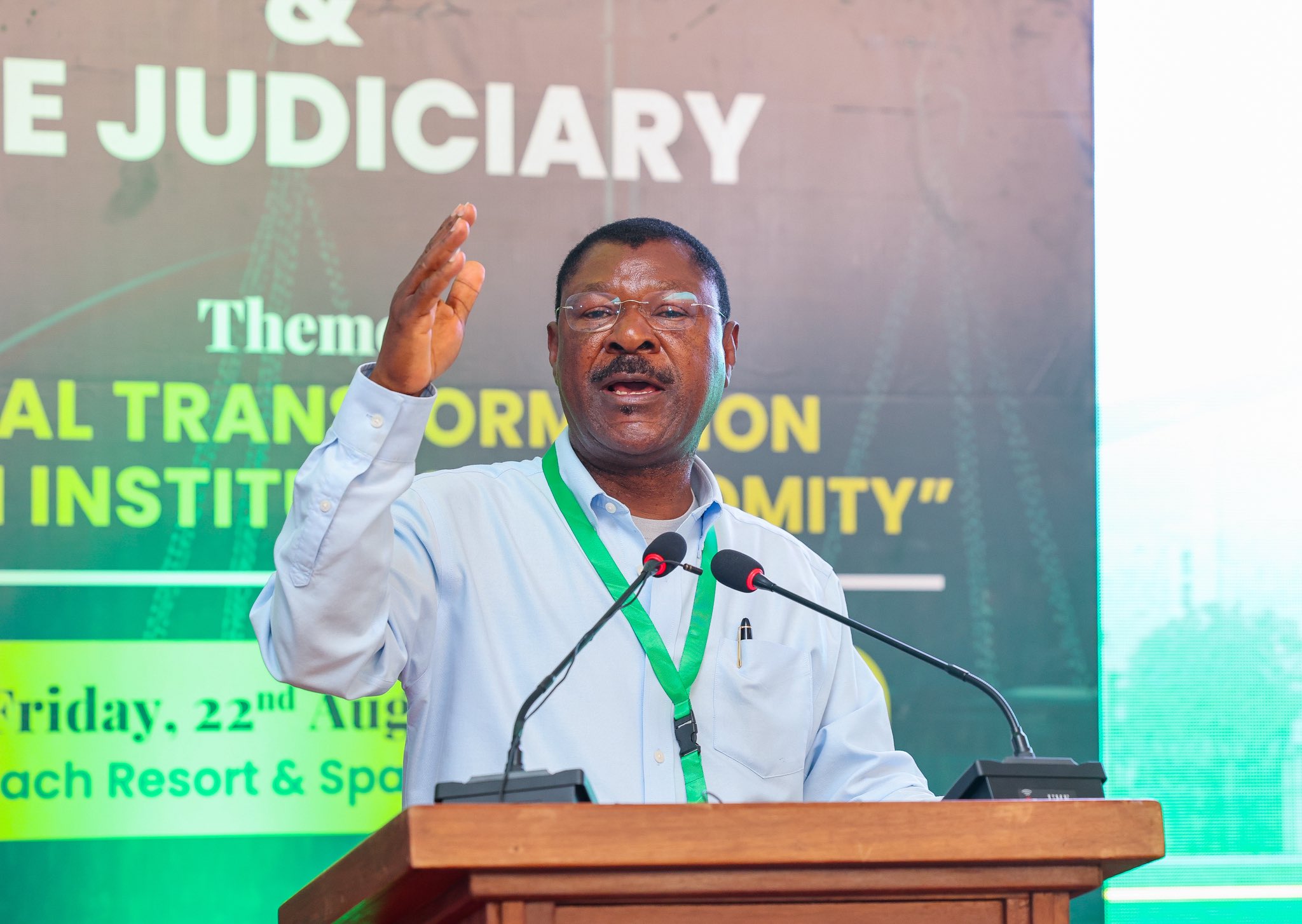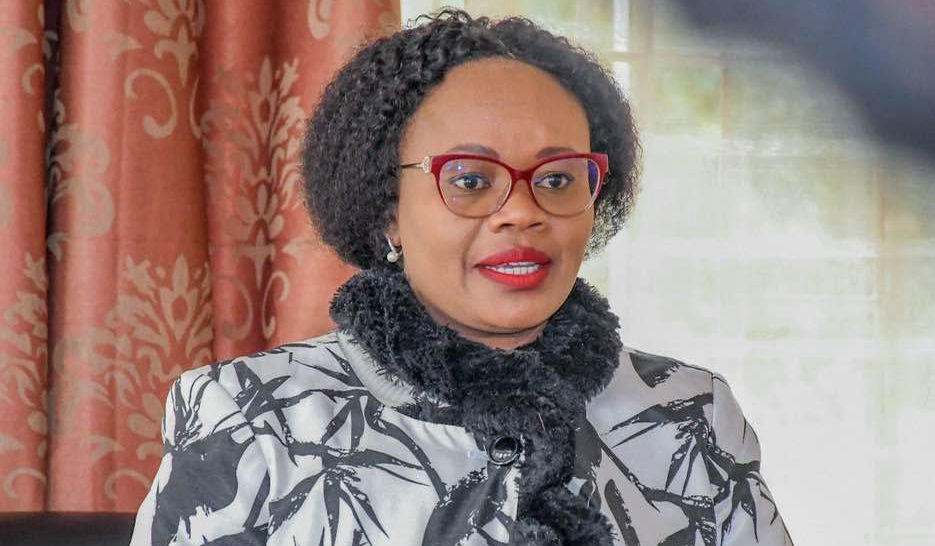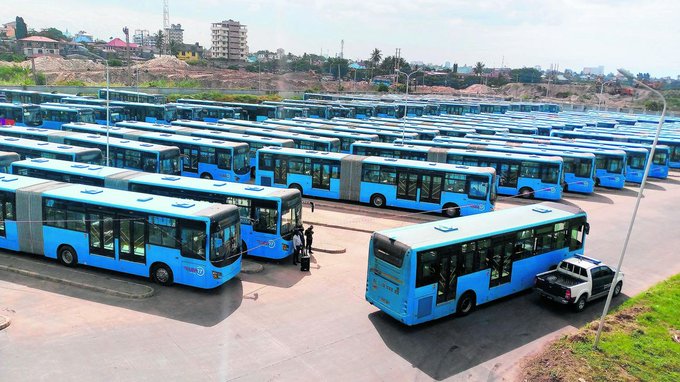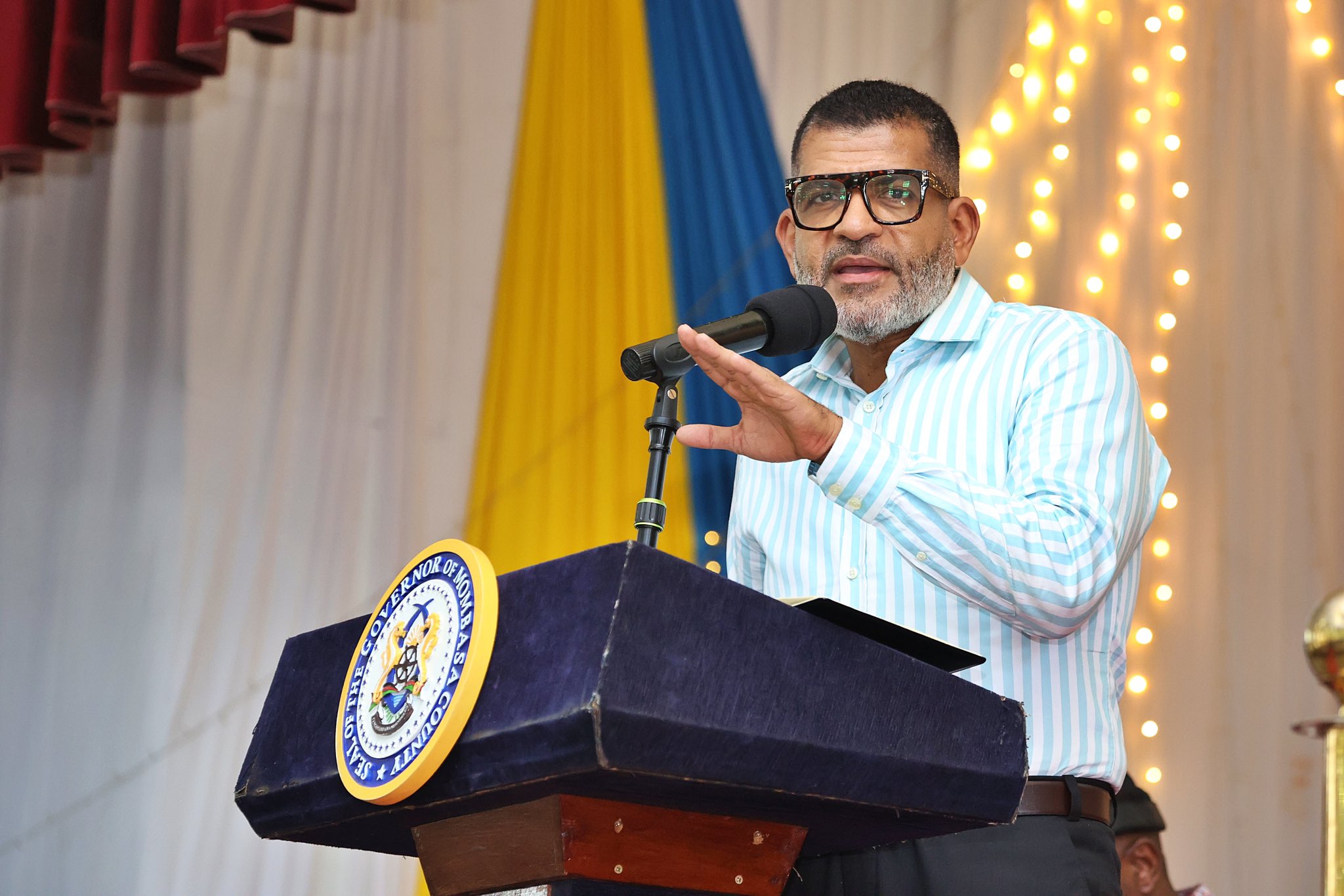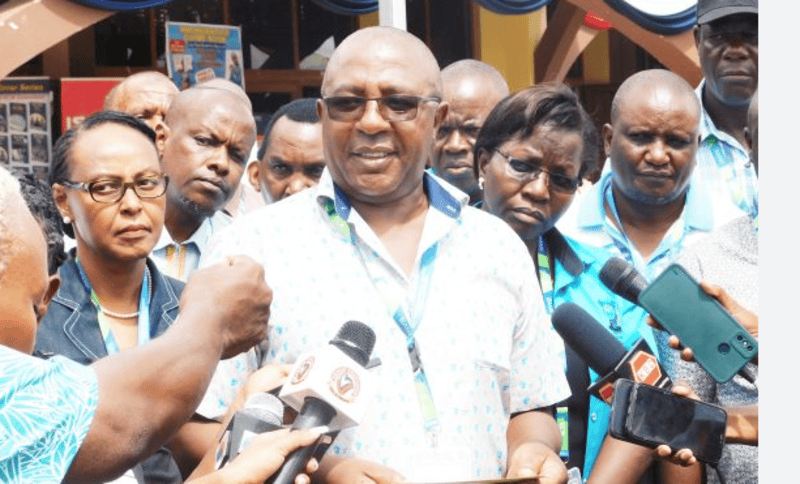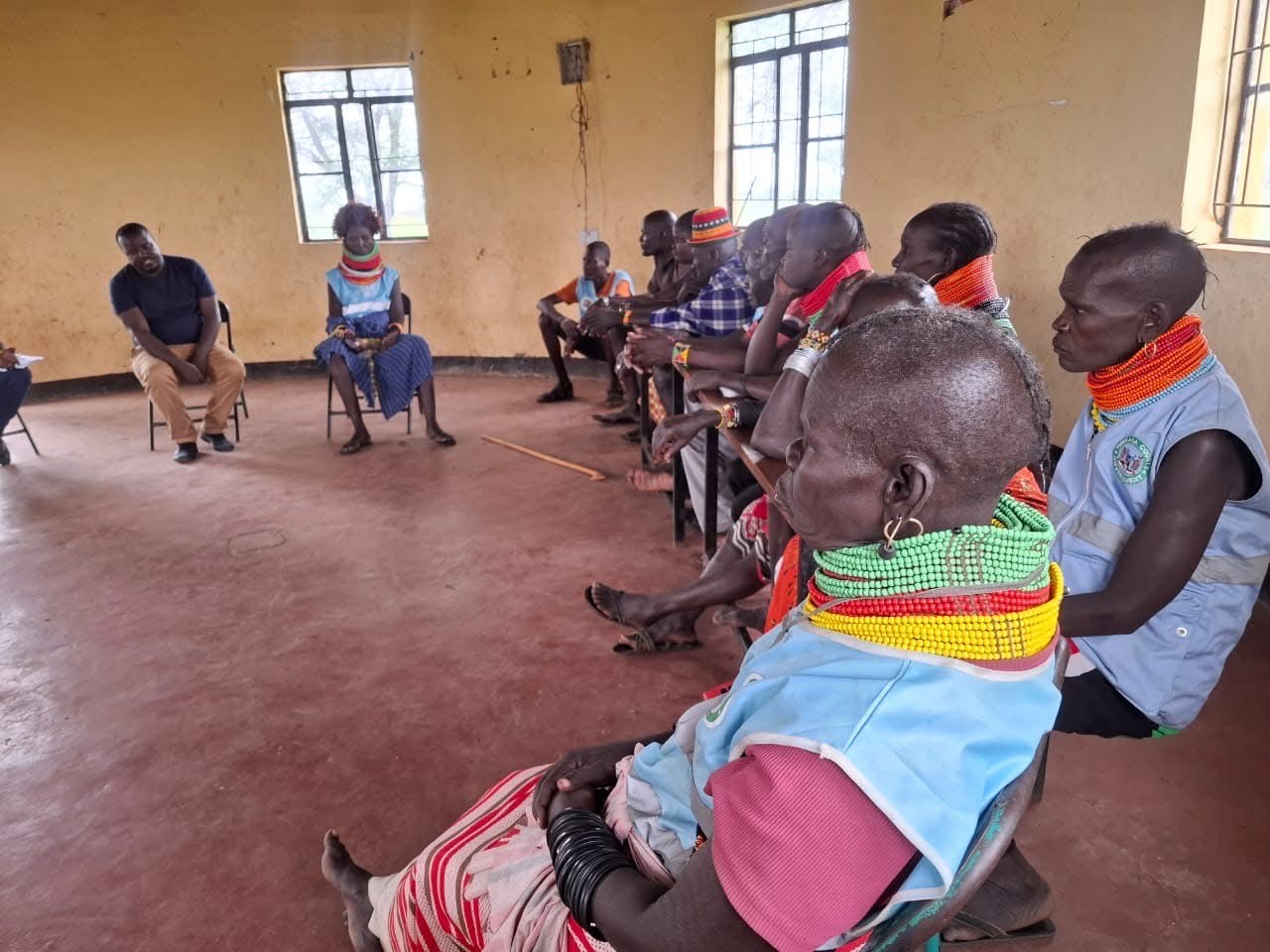SRC saves Kenya Sh11bn by streamlining public wage bill
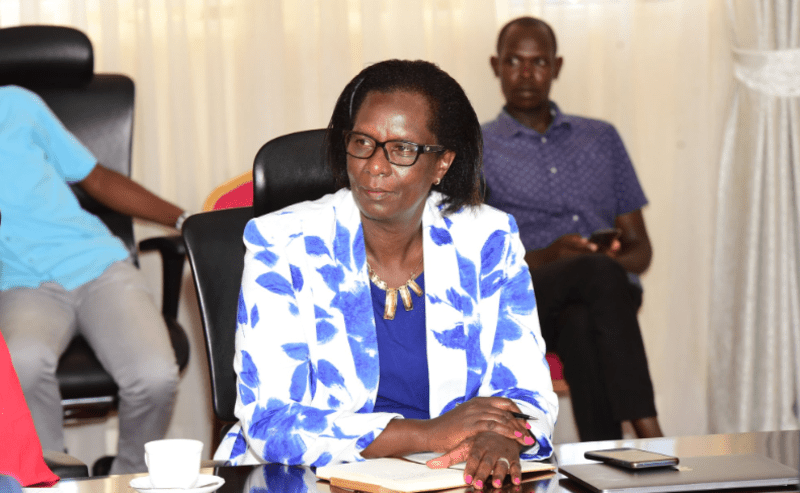
The report's release coincides with the nearing end of Mengich's six-year term as SRC chair, along with the terms of six other commissioners, which concludes on September 11, 2024.
The Salaries and Remuneration Commission (SRC) has saved Kenya Sh11 billion over the past six years by implementing key measures to control the public wage bill.
According to the commission's six-year scorecard, SRC reduced the public wage bill ratio to revenue from 51.54 per cent in the Financial Year 2017-2018 to 46.64 per cent in 2022-2023.
More To Read
- SRC rejects Bill proposing lucrative retirement package for judges
- Relief for civil servants as SRC moves to address heavy salary deductions
- Fresh rift between SRC and PSC over legal officers’ special allowances
- Teachers win big after securing Sh33 billion pay deal with TSC
- EACC recovers Sh67 million fraudulently paid as irregular allowances to Treasury official
- Millions wasted, no homes built: Auditor General slams counties over speaker housing plan
This reduction was largely influenced by a 2019 study on allowances payable in public service.
" The study identified 247 different allowances paid to public officers, which accounted for 48% of the total wage bill. As a result, SRC developed the Allowances Policy Framework for the Public Service, part of implementing the second Wage Bill Conference Resolution," said SRC Chairperson Lyn Mengich during the release of the report on Thursday
In 2021, SRC began a phased approach to streamline the management and administration of allowances.
"An estimated annual savings of Sh11.2 billion was realized by implementing the Allowances Policy Framework, including the abolition of certain allowances," Mengich added.
The report's release coincides with the nearing end of Mengich's six-year term as SRC chair, along with the terms of six other commissioners, which concludes on September 11, 2024.
Mengich noted that the wage bill ratio is projected to decrease further to 39.22 per cent in the FY 2023-2024, aligning with the Public Finance Management Act, which caps the wage bill ratio to revenue at 35 per cent.
This downward trend has been achieved despite an increase in the absolute amounts of the wage bill, which rose from Sh785 billion in FY 2017-2018 to Sh1.035 trillion in FY 2021-2022.
It was projected to grow further to Sh1.7 trillion in FY 2023-2024.
However, Mengich mentioned that the actual growth will depend on revenue, which is expected to increase from Sh1.5 trillion to between Sh1.1 trillion and Sh2.986 trillion in 2024.
If revenue does not grow as expected, the projected Sh1.7 trillion wage bill may be adjusted downward. "This absolute growth in the public wage bill is attributed to the increase in the workforce through employment in essential services like education, health, and security. It is also due to upward reviews of remuneration and benefits in response to the cost of living and the need to attract and retain skilled employees," she explained.
The number of public service employees has risen from 842,900 in FY 2017-2018, with average monthly gross earnings per employee at Sh62,341, to the current 968,425 employees, each earning Sh73,540 on average.
President William Ruto has already appointed an eight-member selection panel for the recruitment of SRC commissioners.
This follows the expiry of the former Commission's six-year term in office.
The chairperson, Mengich and seven commissioners of SRC took office in September 2018.
The outgoing commissioners handed up their exit reports to President Ruto last week, ahead of their tenure expiring in September.
According to the Constitution, holders of constitutional commissions and independent offices serve for a non-renewable term of six years.
Those selected to be in the recruitment panel include; FCS Joshua Wambua, representing the Association of Professional Societies in East Africa (APSEA) FCPA Patrick Mtange (Institute of Certified Public Accountants of Kenya-ICPAK) Monica Sifuna (Kenya Institute for Public Policy Research and Analysis-KIPPRA) CHRP Quresha Abdullahi (Institute of Human Resource Management).
Also, Amos Gathecha (Principal Secretary, State Department for Public Service) Mary Kimonye (Executive Office of the President) Lawrence Kibet (National Treasury and Economic Planning) and Samuel Kaumba (Office of the Attorney General) are part of the panel.
Top Stories Today

